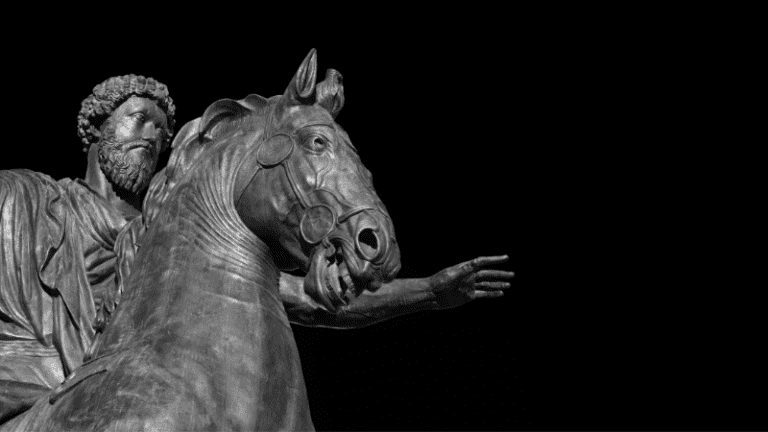Albert Camus the somewhat different existentialist?
Many have claimed that Albert Camus was an existentialist philosopher. However, a closer look at his work reveals that he was not an existentialist at all. In this article, we will explore the question of why Camus cannot be considered an existentialist and examine the main differences between his philosophy and that of Jean-Paul Sartre. We will also look at the friendship between these two great thinkers, despite their differences.
A brief explanation of what existentialism is
So what is existentialism? Existentialism is a philosophical and psychological movement that emphasizes the existence of the individual self and the subjective experience of life. It emphasizes the unique experience of the individual rather than the universal experience. Existentialists believe that individuals must create their own meaning in life, since there is no inherent meaning in the universe. This is often referred to as the "absurd."
Camus did not believe in the absurd
Camus was not an existentialist because he did not believe in the absurd. In his essay "The Myth of Sisyphus," Camus argues that there is no inherent meaning in life, but that it is still possible to find happiness and live a meaningful life. Camus believed that people can find meaning in life through art, literature, and politics. He did not believe that suicide was a way to escape the absurd, as some existentialists do. Camus believed that suicide is a way to embrace the absurd and find meaning in it.
Camus rejected Sartre's idea of freedom
Camus rejected Sartre's notion of freedom and instead believed in human limits. Sartre believed that man is completely free and responsible for his own actions. Camus, on the other hand, believed that man is limited by his circumstances and cannot be held responsible for everything he does. He believed that man is a product of his environment - at least to some degree.
For Camus, suicide was no way to escape the absurd
For Camus, suicide was not a way to escape the absurd, but a way to embrace it. Camus believed that suicide was a way to find meaning in the absurd and to affirm life.
What is the absurd? The absurd is the belief that there is no inherent meaning in life. Existentialists believe that since there is no inherent meaning in the universe, human beings must create their own meaning in life.
What is meant by "escaping the absurd"? For some existentialists, suicide is a way to escape the absurd. They believe that death is preferable to living in a meaningless universe.
What did Camus mean by "embracing the absurd"? For Camus, suicide was not a way to escape the absurd, but a way to embrace it. He believed that people could find meaning in life through art, literature, and politics. He did not believe that suicide was a way to escape the absurd, as some existentialists do. Camus believed that suicide is a way to embrace the absurd and find meaning in it.
Camus was more interested in literature and politics than in philosophy
Camus was more interested in literature and politics than in philosophy. He did not believe in abstract philosophical concepts such as freedom and responsibility. Instead, he was interested in concrete issues such as poverty, war, and injustice.
His works are more concerned with the human situation and the absurd than with philosophical concepts.
His most famous works include "The Stranger," "The Plague," and "The Rebel," all of which deal with the human condition.
Despite their differences, Camus and Sartre were friends and respected each other's work
Despite their differences, Camus and Sartre were friends and respected each other's work. They both believed in the power of literature and philosophy to change the world. They also worked together for social justice and human rights.
They met for the first time in Paris in 1943 and became fast friends. They remained close until Camus' death in 1960. Sartre was one of the few people who attended Camus's funeral.
In conclusion, Albert Camus was not an existentialist philosopher. He believed neither in the absurd nor in the freedom of the individual. He was more interested in literature and politics than in philosophy. Despite their differences, Camus and Sartre were friends and respected each other's work.







